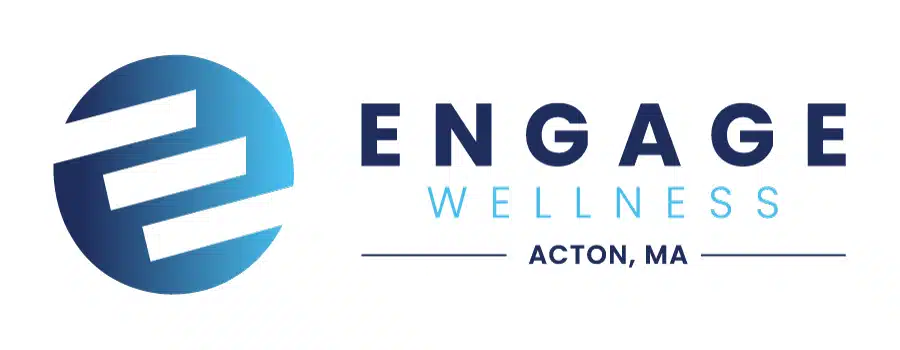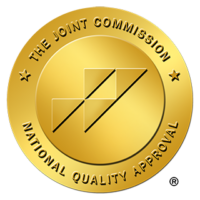Lowell Drug & Alcohol Rehab – Addiction Treatment Resources
Local Resources & Information to Start Your Recovery Journey in Lowell, MA




Help Is Available For Those Struggling With Addiction in Lowell
The decision to seek help for addiction can feel overwhelming, but you don’t have to figure this out alone. Right here in Lowell, there’s real, judgment-free support available 24/7 – whether you’re looking for immediate medical care, someone to talk to, or a community that understands what you’re going through. The city offers flexible treatment options that work around job schedules, family responsibilities, and other life commitments. Whether you’re taking your first step toward recovery or returning after a setback, the doors are open at our Massachusetts addiction treatment center, and help is ready when you are.
Types of Substance Abuse Treatment in Lowell
Lowell provides multiple levels of substance abuse treatment to meet diverse recovery needs. Each program offers distinct support while respecting your privacy, dignity, and personal circumstances
How to Choose the Right Drug Rehab In
Lowell For You or Your Loved One
Choosing the right drug or alcohol rehab in Lowell is one of the most important decisions you will make in recovery. Lowell has several treatment centers, each with distinct features and approaches. While the core goal of recovery is the same, the path to get there looks different at each facility.
The choices can feel overwhelming, but breaking down key factors will help narrow your options to find the program that fits your needs:
Treatment intensity and commitment
Location matters
Program expertise
Staff and support team
Clear cost breakdowns
Program components
Treatment environment
Continuing Recovery Care & Sober
Living Programs in Lowell
Life after initial treatment requires ongoing support and structure. Lowell’s continuing care programs help bridge the gap between intensive treatment and fully independent living, offering counseling, group sessions, and check-ins that adapt to each person’s changing needs. From weekly recovery meetings to regular therapy sessions, these programs help strengthen the foundation built in early recovery.
Sober living homes in Lowell provide a crucial stepping stone for many in recovery. These residences combine independence with accountability, offering a drug-free environment where residents support each other while managing work, school, or family responsibilities. House meetings, curfews, and random drug testing help maintain a safe, structured environment while residents build confidence in their sobriety.
Emergency Services for Addiction in Lowell
If you’re experiencing a drug or alcohol crisis in Lowell, emergency help is available 24/7 through several local hospitals and crisis centers. Emergency departments provide immediate medical care for overdose, severe withdrawal, and other urgent substance-related emergencies. Mobile crisis teams can come directly to your location, while the city’s emergency response system includes first responders trained in administering life-saving medications like Narcan.
Community Resources for Mental Health & Addiction
Addiction Statistics in Lowell
Lowell, a major city in Middlesex County, has faced severe impacts from substance use disorders. The opioid crisis has hit the city particularly hard, affecting families across all neighborhoods and backgrounds. In 2016, Middlesex County lost 392 residents to opioid-related overdoses, representing a 300 percent increase from 2010.[1] These deaths accounted for approximately 20 percent of all fatal overdoses in the state in 2015. In response, Lowell has strengthened its addiction services, with the city government, healthcare systems, and community organizations working together to expand treatment options and improve emergency response capabilities for its diverse population of over 110,000 residents.
Addiction Statistics in Lowell
Lowell, a major city in Middlesex County, has faced severe impacts from substance use disorders. The opioid crisis has hit the city particularly hard, affecting families across all neighborhoods and backgrounds. In 2016, Middlesex County lost 392 residents to opioid-related overdoses, representing a 300 percent increase from 2010.[1] These deaths accounted for approximately 20 percent of all fatal overdoses in the state in 2015. In response, Lowell has strengthened its addiction services, with the city government, healthcare systems, and community organizations working together to expand treatment options and improve emergency response capabilities for its diverse population of over 110,000 residents.


How To Pay For Addiction Treatment in Lowell
Many insurance plans, including MassHealth, cover substance use treatment in Lowell. Private insurance typically covers a significant portion of costs for detox, residential programs, and outpatient care, though coverage levels vary by plan. Local treatment centers have insurance specialists who can verify your coverage and explain exactly what you’ll need to pay out of pocket.
For those without insurance or who need help with copays, Lowell’s treatment centers offer several options. Many operate on sliding fee scales based on income, while others provide payment plans or scholarships. Local organizations can also help connect you with financial assistance programs and navigate payment options.
Other Nearby Locations
Frequently Asked Questions About Addiction Treatment in Lowell
Do I need to go through detox before starting Addiction Treatment in Lowell?
It depends on your substance use and medical needs. Some people can safely begin outpatient treatment right away, while others need medical detox first. Lowell Treatment Centers perform thorough evaluations to determine the right starting point. Local hospitals and specialized detox facilities can provide medically supervised withdrawal when needed.
What if I have both mental health and substance use challenges?
Many Lowell treatment centers specialize in dual diagnosis care, treating mental health and addiction together. Programs typically include behavioral therapy, medication management if needed, and specialized counseling.
Can I keep working while attending drug or alcohol rehab in Lowell?
Yes, Lowell offers multiple levels of care, including evening intensive outpatient programs (IOP) and regular outpatient services that work around job schedules. Some employers also provide leave through FMLA for more intensive treatment. Treatment centers can help you explore options that balance recovery with work responsibilities.
What happens after completing drug rehab in Lowell?
Reliable Lowell treatment centers create custom aftercare plans before you finish your program. These typically include outpatient counseling, support groups, and sometimes sober living options. Many facilities offer alumni programs and ongoing group therapy. They can also connect you with community resources, recovery coaches, and additional support services to help maintain long-term recovery.




